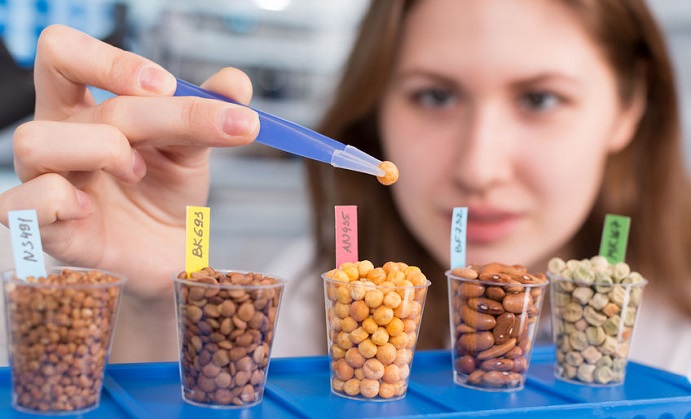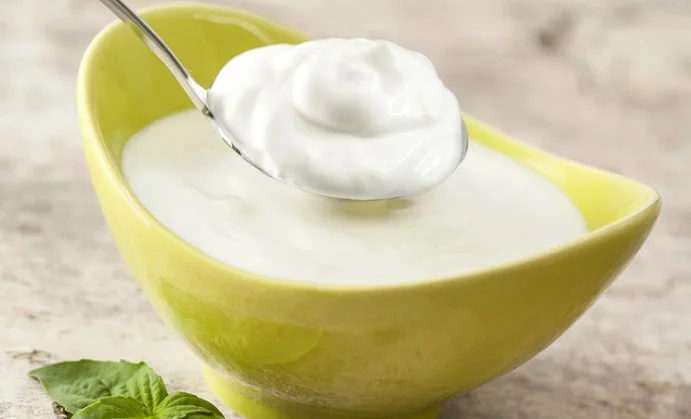Irritable bowel syndrome (IBS) can impose great discomfort on affected individuals if the incorrect foods are eaten. Certain foods and chemicals worsen the symptoms of IBS, which include abdominal pain, bloating, constipation and diarrhea. However, there are certain dietary changes which can be made to manage and minimize the symptoms of IBS.
Fiber
A common recommendation for people who experience IBS is to increase the amount of fiber they eat. This recommendation is definitely valid, as it helps to normalize the consistency of the stool. However, special attention must be paid to the type of fiber which is eaten, as some fibers are insoluble and may block the uptake of water from the intestine, which can lead to diarrhea. Foods which contain the “good” soluble fiber include grains such as oatmeal, roots, such as carrots and legumes, such as peas.
Gluten
Additionally to insoluble fiber, some grains contain gluten. Some people suffer from Celiac disease, which means they are allergic to gluten. Grains which contain gluten are wheat, barley and rye. Gluten is thought to worsen the symptoms of IBS by activating an immune response which either increases or decreases water uptake in the colon, depending on the particular person.
Legumes
Another form of carbohydrates, similar to grains, is legumes. Legumes include a variety of beans, and beans are known for their role in excessive gas formation. It is better to avoid them if you suffer from IBS.
Dairy
Dairy is another substance which can upset the gastrointestinal tract. Dairy contains lactose, which is a difficult sugar for the intestine to absorb. This can cause strain on the intestine and bring on the symptoms of IBS. Dairy also contains significant amounts of fat, which is absorbed slowly, and can contribute to the onset of diarrhea.
Other Foods
Fried foods also contain significant amounts of fat and should be avoided.
A number of foods which are generally considered quite healthy can also aggravate IBS symptoms. Garlic, onions, broccoli, and cauliflower are all associated with the worsening of IBS symptoms. All of these foods are difficult for the body to break down and absorb, because of their complex structural carbohydrates. Eating large amounts of these foods can strain the intestine and worsen cramps and discomfort.
Artificial sweeteners are also quite complex molecules, and are also difficult to break apart and absorb. These sweeteners are found in diet sodas, gum, and sugarless candy. These artificial sweeteners actually tend to be worse for health for those suffering from IBS than natural sugars, which can be eaten in moderation.
Alcohol and caffeine should also be consumed in moderation. Both alcohol and caffeine can cause dehydration, which can bring about constipation. Beer tends to contain gluten and wine often contains high amounts of sugar. Caffeine also has a stimulatory effect on the intestine. This can induce cramping. Chocolate contains high amounts of caffeine too, and should be avoided.
Lastly, it is highly recommended to stay away from processed foods, as they contain many additive and preservative chemicals, which can act in a variety of ways to upset the intestine.
There are many alternatives at present for foods which affect IBS. For example, many gluten-free and lactose-free products exist. The effects that people who have IBS feel are different, so it is best to monitor your diet closely in terms of the foods mentioned above. Gaining control of your diet can help you to gain control of the condition and to live a healthy and enjoyable life.
Do you want to find an effective IBS treatment? Check out our top rated IBS products












